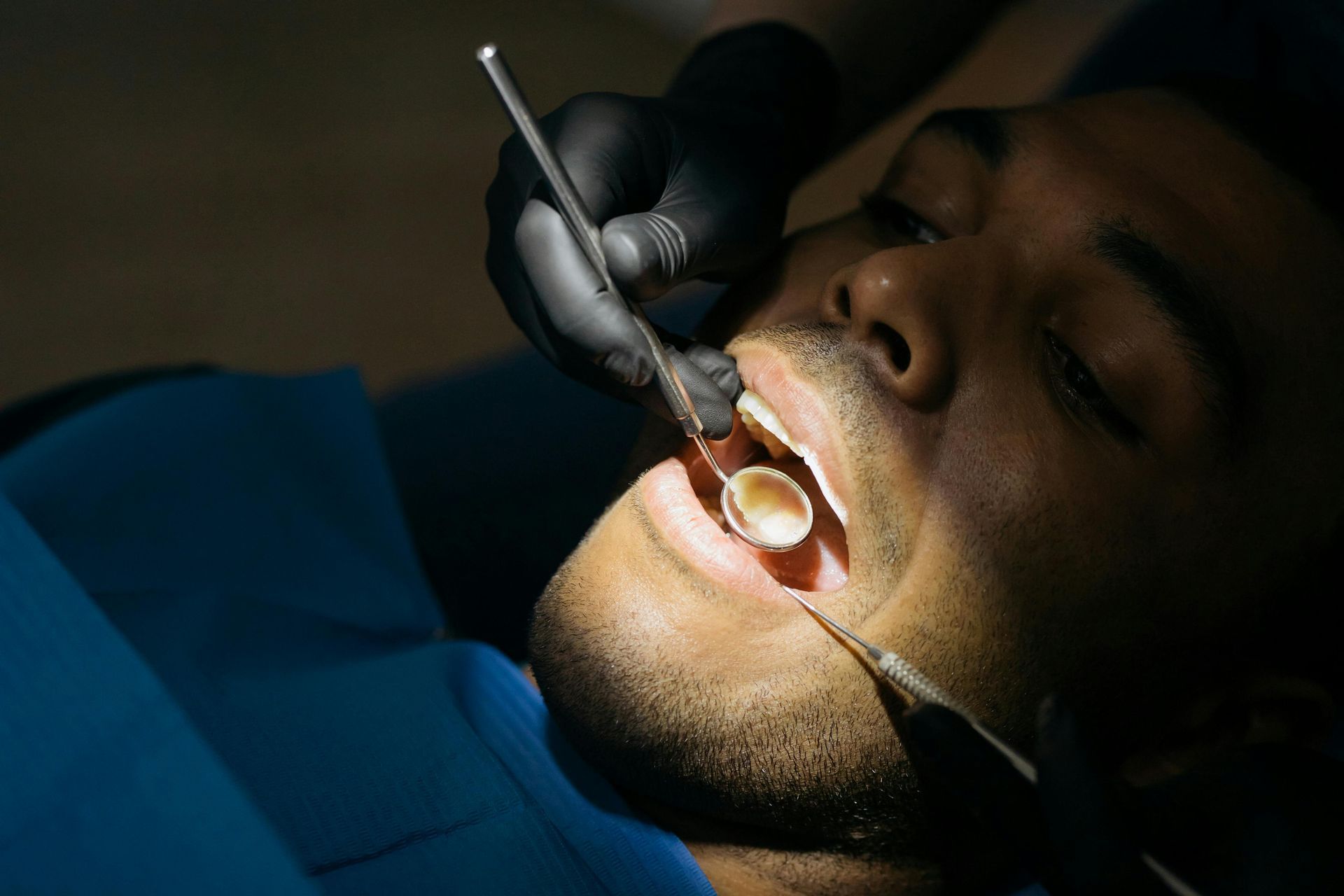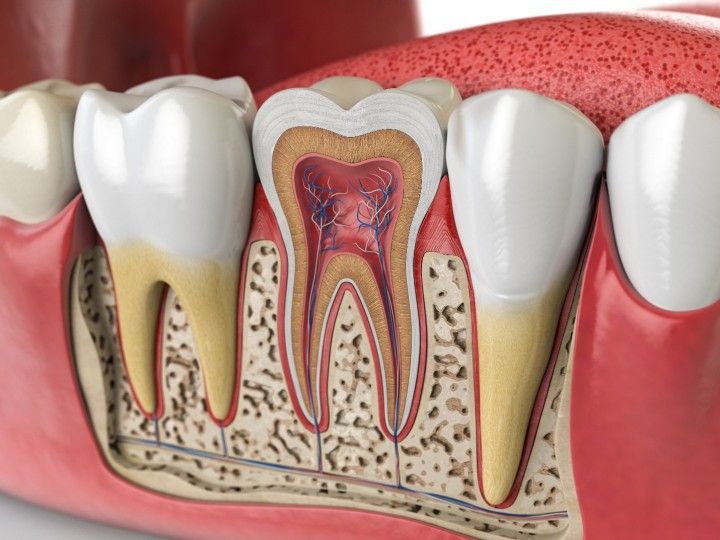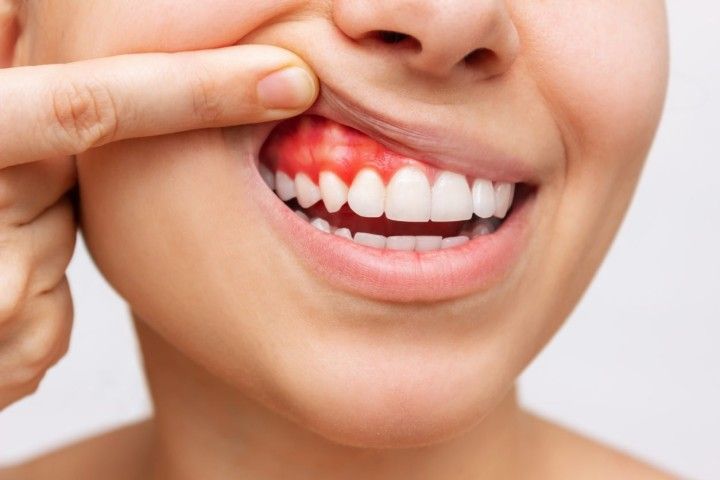Alice Springs Dentist - Top Tips for Sensitive Teeth
Introduction:
Sensitive teeth, also known as dentin hypersensitivity, is a common dental issue that affects millions of people around the world. It can cause discomfort or even pain when consuming hot, cold, sweet, or acidic foods and beverages. If you're living in Alice Springs and experiencing sensitive teeth, it's essential to understand the causes and explore effective strategies to manage and alleviate this condition. In this article, we'll discuss the top tips for sensitive teeth, including causes, preventive measures, and dental care advice from Alice Springs dentists.
Understanding Sensitive Teeth:
Before diving into the tips for managing sensitive teeth, let's briefly discuss what causes this discomfort and how it affects oral health.
Sensitive teeth occur when the underlying layer of your teeth, known as dentin, becomes exposed. Dentin is porous and contains tiny nerve endings. When the dentin is exposed, it can react to various stimuli, causing pain or discomfort. Common triggers for sensitive teeth include:
- Hot or cold foods and beverages.
- Sweet or sugary foods.
- Acidic foods and drinks.
- Cold air.
- Brushing or flossing teeth.
- Acidic dental products.
Common Causes of Sensitive Teeth:
- Tooth Decay: Tooth decay can erode the enamel, exposing the sensitive dentin underneath.
- Gum Recession: Receding gums can expose the tooth's roots, which are not as well protected as the enamel, making them more susceptible to sensitivity.
- Teeth Grinding (Bruxism): Clenching or grinding your teeth can lead to enamel wear, making teeth more sensitive.
- Aggressive Brushing: Using a hard-bristle toothbrush and brushing too vigorously can wear down enamel over time.
- Acidic Foods and Drinks: Regular consumption of acidic foods and beverages can weaken enamel, contributing to sensitivity.
- Dental Procedures: Certain dental procedures, like teeth whitening or tooth restoration, may cause temporary sensitivity.
Now that we have a better understanding of what causes sensitive teeth let's delve into the top tips for managing and preventing this condition.
Top Tips for Sensitive Teeth:
- Consult with an Alice Springs Dentist:
The first step in addressing sensitive teeth is to schedule an appointment with an experienced dentist in Alice Springs. A professional evaluation is essential to determine the underlying cause of your sensitivity and develop a personalized treatment plan. Your dentist can rule out more severe issues, such as cavities or gum disease, and recommend appropriate treatment options.
- Use a Toothpaste for Sensitive Teeth:
Switch to a toothpaste specifically designed for sensitive teeth. These toothpaste products contain desensitizing agents, such as potassium nitrate or strontium chloride, which help block nerve signals and reduce sensitivity. Be sure to use it consistently as part of your daily oral hygiene routine for optimal results.
- Soft-Bristle Toothbrush:
Replace your hard or medium-bristle toothbrush with a soft-bristle one. Brushing gently with a soft toothbrush can help prevent further enamel erosion and irritation to sensitive areas.
- Gentle Brushing Technique:
Practice proper brushing techniques to avoid excessive pressure on your teeth. Hold your toothbrush at a 45-degree angle to your gums and use gentle, circular motions. Avoid brushing aggressively, as this can exacerbate sensitivity.
- Desensitizing Toothpaste:
In addition to a specialized toothpaste for sensitive teeth, some desensitizing toothpaste options can provide immediate relief. These toothpaste products contain ingredients like arginine or calcium sodium phosphosilicate that can help seal exposed dentin tubules and reduce sensitivity.
- Avoid Acidic Foods and Drinks:
Limit your consumption of acidic foods and beverages, such as citrus fruits, carbonated drinks, and vinegar-based foods. Acid can erode enamel and worsen sensitivity.
- Fluoride Treatments:
Ask your Alice Springs dentist about fluoride treatments. Fluoride can strengthen tooth enamel and reduce sensitivity by blocking the exposed dentin's pores.
- Mouthguards for Teeth Grinding:
If you grind your teeth at night (bruxism), consider wearing a custom-made night guard. This dental appliance can protect your teeth from further enamel wear and reduce sensitivity.
- Watch Your Diet:
Maintain a balanced diet rich in calcium and other essential minerals that promote strong teeth and enamel. Dairy products, leafy greens, and nuts can help improve tooth health.
- Use a Soft-Pick or Flossing Tape:
Gentle flossing or using soft picks can help clean between teeth without causing irritation. Proper dental hygiene helps prevent gum recession and cavities, which can exacerbate sensitivity.
- Avoid Over-the-Counter Whitening Products:
Over-the-counter teeth whitening products may contain harsh chemicals that can worsen sensitivity. Consult your dentist in Alice Springs for professional whitening options that are less likely to cause discomfort.
- Regular Dental Check-ups:
Maintain regular dental check-ups every six months or as recommended by your dentist. These visits allow your dentist to monitor your oral health, catch issues early, and provide guidance on managing sensitive teeth effectively.
- Fluoride Mouthwash:
Using a fluoride mouthwash can help strengthen tooth enamel and reduce sensitivity. Incorporate it into your daily oral hygiene routine for added protection.
Conclusion:
Dealing with sensitive teeth can be uncomfortable and challenging, but by following these top tips and consulting with a trusted dentist in Alice Springs, you can effectively manage and prevent sensitivity. Remember that maintaining good oral hygiene practices, using appropriate dental products, and seeking professional guidance are key steps toward alleviating the discomfort associated with sensitive teeth. Take proactive steps to protect your dental health and enjoy a pain-free smile once again.










